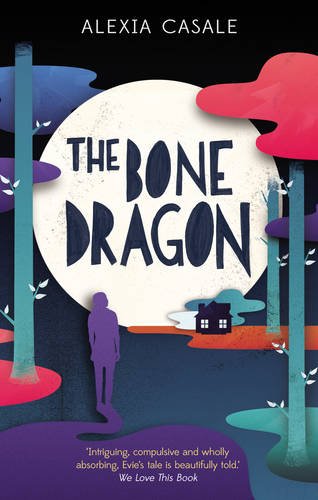Author: Rainbow Rowell
Publisher: Orion
Published: February 2013
This is a beautiful and unlikely love story, and I really enjoyed it. It is a beautiful, surprising read; the danger, I think, of stories like Eleanor and Park is their becoming hackneyed, ‘another YA romance’. But that’s not the case here.
Eleanor and Park fall in love whilst dealing with family troubles and peer pressures at school; superficially, the plot may at first sound rather similar to other high school romances, but the prose, characters and poignancy of the tale sets it apart entirely. Eleanor is red-haired, intelligent and stands out in her odd, mismatched clothes; she also struggles with a secret abusive life at home. Park is half-Korean, absorbed in his comics and quietly maintaining his borderline ‘cool’ profile in school. But that changes when Park and Eleanor habitually sit near each other on the back of the bus. Gradually, Park realises she is reading his comics; an awkward lending of comics and sharing of mixed tapes (it’s set in the eighties) ensues, and a tentative friendship begins. The relationship that follows is imperfect, because Park doesn’t respond as he should to the reactions of his friends and family to Eleanor. His initial failure to help or stand up for her is painful to read but realistically immature for their ages and the typical pressures they face as teenagers. But his subsequent growth and change is rewarding for it.
Ultimately, this is a story about two frail people discovering that they are worth being loved, protected and valued (not just by each other, but by the adults in their lives). A really poignant read about first love, loss, finding inner strength and growing up.
Eleanor and Park fall in love whilst dealing with family troubles and peer pressures at school; superficially, the plot may at first sound rather similar to other high school romances, but the prose, characters and poignancy of the tale sets it apart entirely. Eleanor is red-haired, intelligent and stands out in her odd, mismatched clothes; she also struggles with a secret abusive life at home. Park is half-Korean, absorbed in his comics and quietly maintaining his borderline ‘cool’ profile in school. But that changes when Park and Eleanor habitually sit near each other on the back of the bus. Gradually, Park realises she is reading his comics; an awkward lending of comics and sharing of mixed tapes (it’s set in the eighties) ensues, and a tentative friendship begins. The relationship that follows is imperfect, because Park doesn’t respond as he should to the reactions of his friends and family to Eleanor. His initial failure to help or stand up for her is painful to read but realistically immature for their ages and the typical pressures they face as teenagers. But his subsequent growth and change is rewarding for it.
Ultimately, this is a story about two frail people discovering that they are worth being loved, protected and valued (not just by each other, but by the adults in their lives). A really poignant read about first love, loss, finding inner strength and growing up.



